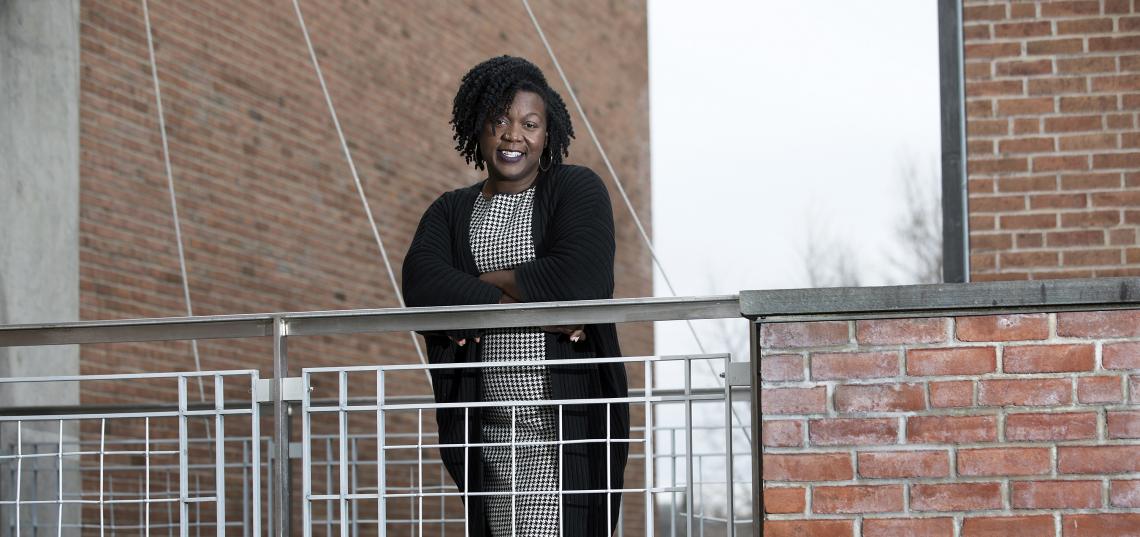
The Whiting Foundation provides targeted support for writers, scholars, and the stewards of humanity’s shared cultural heritage. In addition to the Public Engagement Program, Whiting’s grants include, in the United States, the Whiting Award for emerging writers, Creative Nonfiction Grant for works in progress, Literary Magazine Prize, and, globally, a portfolio of grants to preserve and disseminate endangered cultural heritage.
The Whiting Public Engagement Program is a distinctive national grant founded to champion the public humanities in all forms, and to highlight the roles scholars play in using the humanities to advance communities. Since it began in 2016, the program has awarded $2 million to launch and expand projects around the country.
In February 2020, The Whiting Foundation has proudly awarded six $50,000 Fellowships & eight $10,000 Seed Grants to a vibrant cross-section of public-humanities collaborations. They draw on topics from medieval Islamic science to the long history of Latinx culture in the Deep South and use media from K-12 curricula to podcasts to community workshops.
Examples of this year’s fourteen projects and the challenges they address include:
- Bilingual K-12 philosophy modules & teacher training in El Paso-Juárez, equipping kids to think deeply about questions they face daily, like “What are borders?” and “What does it mean to be a citizen?”
- 7th-grade units on the Middle Ages, with a VR tour of Reims Cathedral, filling a major gap in Alabama’s K-12 curricular coverage of the pre-modern world while immersing both students and teachers in cutting-edge technology.
- A digital portal for Waganakising porcupine quillwork and its meanings, supporting the perpetuation of this art for a new generation of Tribal members and opening a window onto Tribal ways of life for non-Indigenous neighbors.
- Curriculum workshops connecting teachers, migrants, refugees & families in California’s Central Valley to incorporate the experience of local immigrants into the state’s proposed new Ethnic Studies requirement.
- A free, credited Shakespeare course for adults returning from prison, responding to Atlanta returnees’ expressed desire to engage rigorously with these demanding texts, and co-designing open-access curriculum with students.
- Antiques Roadshow-inspired events revealing Texas “freedom colonies,” preserving artifacts and memories of these disappearing links between today’s urban Black Texans and the towns their ancestors founded after the Civil War.
- Short film profiles exploring the effects of post-shooting school security, tracing the consequences of “lockdown culture” on students, teachers, staff, and parents as a step toward crafting more effective, racially just solutions.
“The humanities make a crucial difference for all of us, in so many ways,” said Daniel Reid, Executive Director of the Whiting Foundation. “These fourteen projects – and the many others being led by scholars and other public humanists in every part of the country – will build bridges within and across communities, enrich our understanding and help us interpret the world around us, and make our lives more meaningful through deep context, rich exchange, and careful inquiry.”
A description of White's project is below.
Security, Trauma, and Schools: A Film-Centered Community Dialogue Khadijah Costley White (Rutgers University; Media Studies)
As news of school shootings continues to break with agonizing frequency across the U.S., school districts have taken measures they claim will keep students safe. Metal detectors, armed guards, and active-shooter lockdown drills are now commonplace. But these changes in school security are often at odds with a healthy learning environment, contributing instead to a culture of fear and anxiety. The images that emerge from “lockdown culture”—a seven-year-old writing a goodbye note to her parents on her arm during a drill, a photo of a girl balancing on a toilet at home as she has been trained to do at school—are harrowing reminders of the trauma children experience at school. In New Jersey, recent laws have allowed prison guards and police officers into schools.
The South Orange-Maplewood School District, pocketed between two of the wealthiest white and poorest Black and Hispanic areas of the country, is feeling the effects of the resulting shifts in school culture. Race and class disparities have come to a head often in this area—for example, a 2014 lawsuit revealed data showing black students are much more likely to be disciplined than white students—and local debates over education and school security necessarily intersect with issues of race and segregation.
With her Fellowship, Khadijah Costley White will explore media coverage of school shootings and the human consequences of lockdown culture. White will produce short films featuring portraits of students, parents, and staff describing their experiences with school security, and will then screen the films in a series of community discussion events. Each event will bring parents, students, and community members together with local policymakers from the Board of Education to think deeply about how to balance security with learning and how race intersects with these complex issues.
